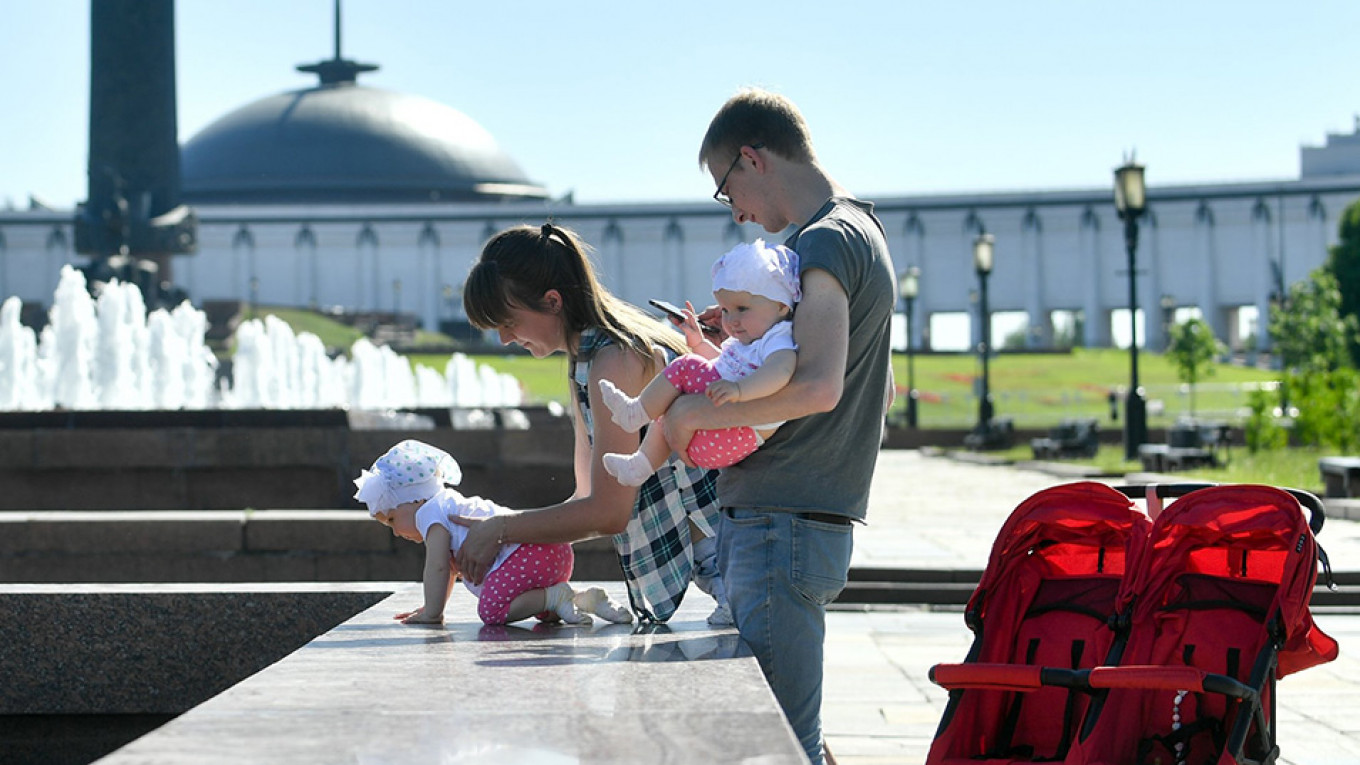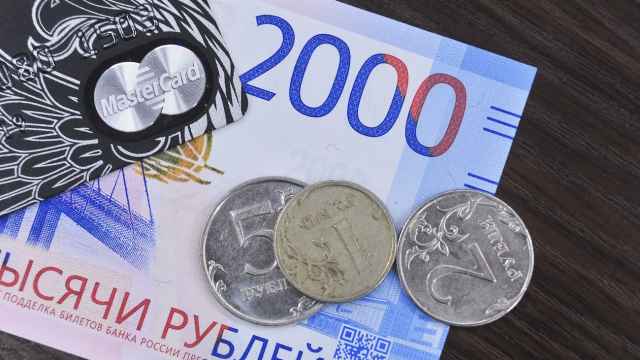Less than 15 percent of Russians are considered to be part of the middle class, according to an analysis of official data by the state-run RIA Novosti news agency.
Russians’ real incomes and ability to save money have suffered from low oil prices and Western sanctions in the past five years. Independent polling has said that Russians are most unhappy with President Vladimir Putin over the unequal distribution of wealth in the country.
Fourteen percent of Russia’s population is able to afford a mortgage and a car lease and have some cash left over afterward, RIA Novosti said on Monday.
Russia’s oil- and gas-rich Yamal-Nenets autonomous district has the highest share of the country’s middle-class population at 45.2%, according to RIA Novosti’s ranking based on official data.
The gold-mining Magadan region ranked second with 34.5%, while the resource-rich Chukotka autonomous district ranked third with 33.8%. The Khanty-Mansiisk autonomous district (32.1%) and the Nenets autonomous district (28.9%) closed out the top five.
Moscow and St. Petersburg placed in seventh and eighth, with 26.8% and 25.7% of its populations considered middle class according to RIA’s methodology.
Russian regions in and around the North Caucasus comprised the last six spots on the ranking with an average of 3.45% of their populations able to save a little after their expenses. Overall, Russia’s republic of Ingushetia ranked last in the country, with 1.9% of its population considered middle class.
Nationwide, the news agency categorized 14.2% of Russians as middle class.
RIA based its analysis on State Statistics Service (Rosstat) data of households with at least one member employed by a large or medium company over the past year. It classified middle-class households as those with double the minimum wage left over after monthly mortgage and car payments.
A recent bank report said the share of Russians whose wealth places them in the middle class dropped from 37% in 2014 to 30% this year.
A Message from The Moscow Times:
Dear readers,
We are facing unprecedented challenges. Russia's Prosecutor General's Office has designated The Moscow Times as an "undesirable" organization, criminalizing our work and putting our staff at risk of prosecution. This follows our earlier unjust labeling as a "foreign agent."
These actions are direct attempts to silence independent journalism in Russia. The authorities claim our work "discredits the decisions of the Russian leadership." We see things differently: we strive to provide accurate, unbiased reporting on Russia.
We, the journalists of The Moscow Times, refuse to be silenced. But to continue our work, we need your help.
Your support, no matter how small, makes a world of difference. If you can, please support us monthly starting from just $2. It's quick to set up, and every contribution makes a significant impact.
By supporting The Moscow Times, you're defending open, independent journalism in the face of repression. Thank you for standing with us.
Remind me later.






